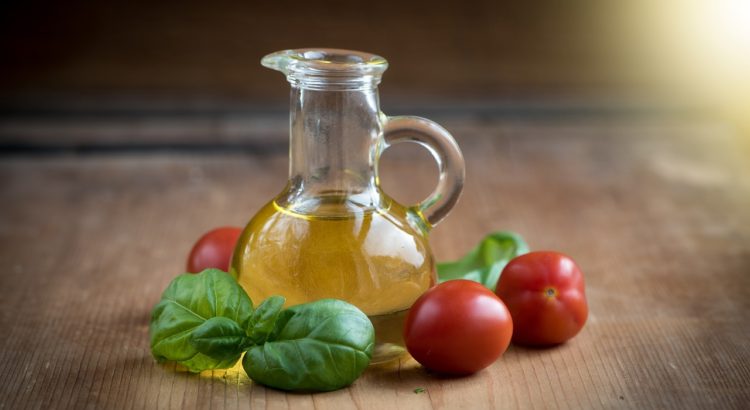When it comes to oils, the options available are endless. Some oils are best for cooking, while others are best consumed in their raw, unaltered form – such as in a salad.
Understanding cooking oil stability
Understanding the stability of cooking oils is great knowledge to have when in the kitchen. Stability is when you’re cooking at high heat, you want an oil that is stable and will not oxidize or spoil rapidly. Why? Because some oils can, in the process of heating, form harmful compounds that can lead to negative consequences (read more here).
The prime factor that helps us determine the stability of an oil is the relative degree of fatty acids in it. Saturated fats have single bonds between their fatty acid molecules, and unsaturated fats have one or more double bonds between fatty acid molecules.
Saturated fats are quite resistant to heating, however, unsaturated fats with many double bonds (i.e. polyunsaturated fats) are not as resistant and should not be used for cooking.
Recommended Oil for Cooking...
Coconut oil
If you’re going to be cooking over high heat, coconut oil is a great option. 90% of the fatty acids are saturated, making coconut oil a highly resistant and stable cooking oil. Notice how it turns solid in winter? This is due to its higher smoking point.
There’s been a lot of down-talk in recent decades about saturated fats, but research shows that fatty acids in coconut oil, such as lauric acid may improve cholesterol levels and eliminate bacteria and other pathogens in the body.
Additionally, coconut oil may help boost your metabolism as well as enhance your feeling of satiation compared to other fats. Plus it doubles as a great moisturiser for skin and hair!
Ghee
Traditionally used in India, ghee is an excellent cooking oil with high stability and a plethora of health benefits.
Ghee has a high smoke point like coconut oil and is rich in fat soluble vitamins such as vitamin A, D and K2. Ghee is also rich in conjugated linoleic acid (CLA), which is exclusively found in grass-fed meat and can fight heart disease, cancer and type-2 diabetes.
A by-product of butter, ghee can still be used by those that are lactose intolerant, as almost all of lactose molecules are removed in the process of creating it. So you’re just left with delicious, almost butter-y goodness!
Olive oil
Olive oil is not only delicious in a salad, it also has several heart healthy benefits, explaining why it is a superb addition in one's diet.
Olive oil is known to raise HDL cholesterol levels (the good stuff) and lower LDL cholesterol (the bad stuff) levels in the blood, thus boosting heart health and reducing your risk of many modern day diseases.
Olive oil is richer in monounsaturated and polyunsaturated fatty acids than both coconut and ghee, so while it’s a better alternative to alot of the nastier oils out there, we’d recommend trying to use it more for non-heated cooking (e.g. salads).
If you can, choose extra virgin as it is less refined and higher in nutrients and antioxidants. We think it tastes better too!
Avocado oil
Avocado oil has a fairly similar fatty acid composition to olive oil and can be used in much the same way. It is reasonably stable over heat (not as good as coconut oil or ghee) so can be used for cooking if you don’t have these alternatives.
Why industrial seed and vegetable oils are not as beneficial
Seed and vegetable oils sold can be highly processed and rich in omega-6 fatty acids. Omega-6 fatty acids have the ability to disrupt the healthy omega-3 to omega-6 ratio and and may inflammation and inflammatory diseases. Therefore, they are not recommended for cooking.
Studies show that these oils may have connections to heart disease and cancer. Another study showed that many vegetable oils sold in the market today contain 0.56 to 4.2% trans fat, which is highly toxic. The following are some oils you may like to consider reducing from your diet:
Canola oil Soybean oil Sunflower oil Corn oil Cottonseed oil Sesame oil Grapeseed oil Rice bran oil Rapeseed oil.



